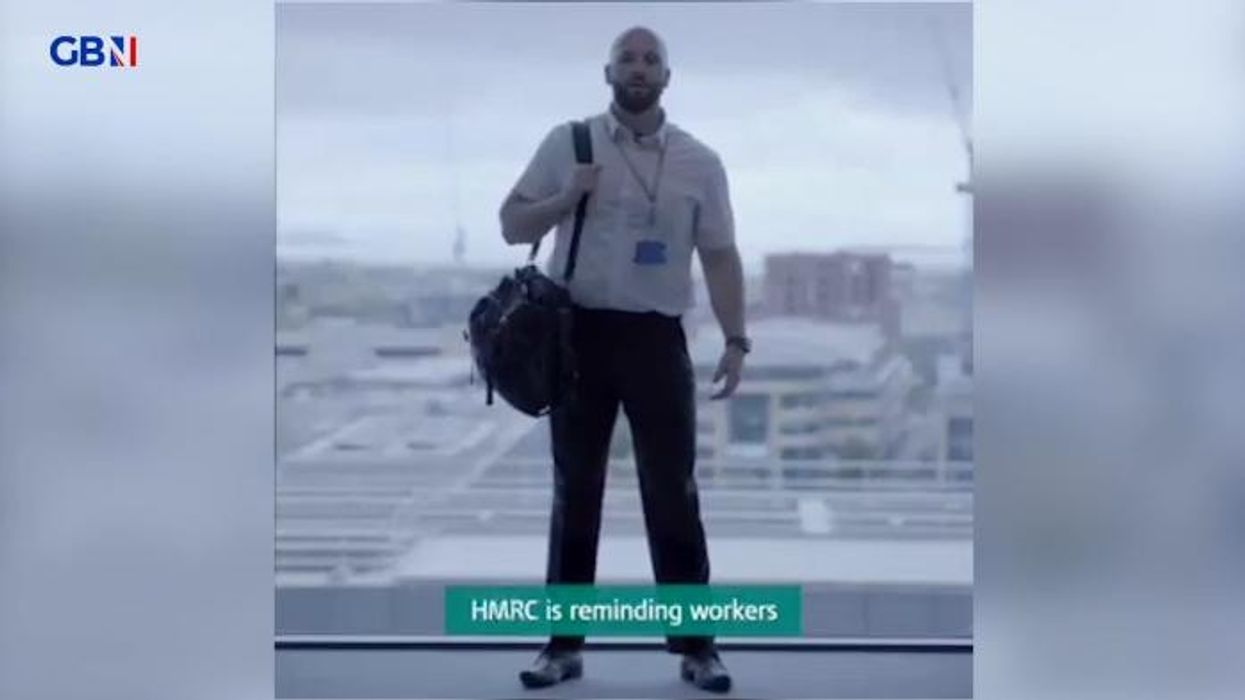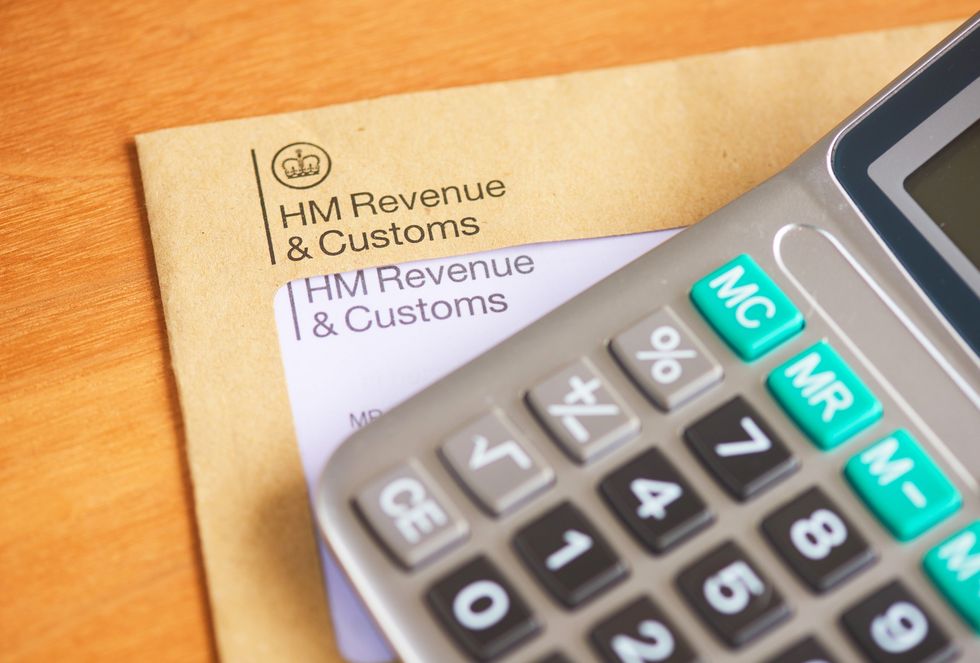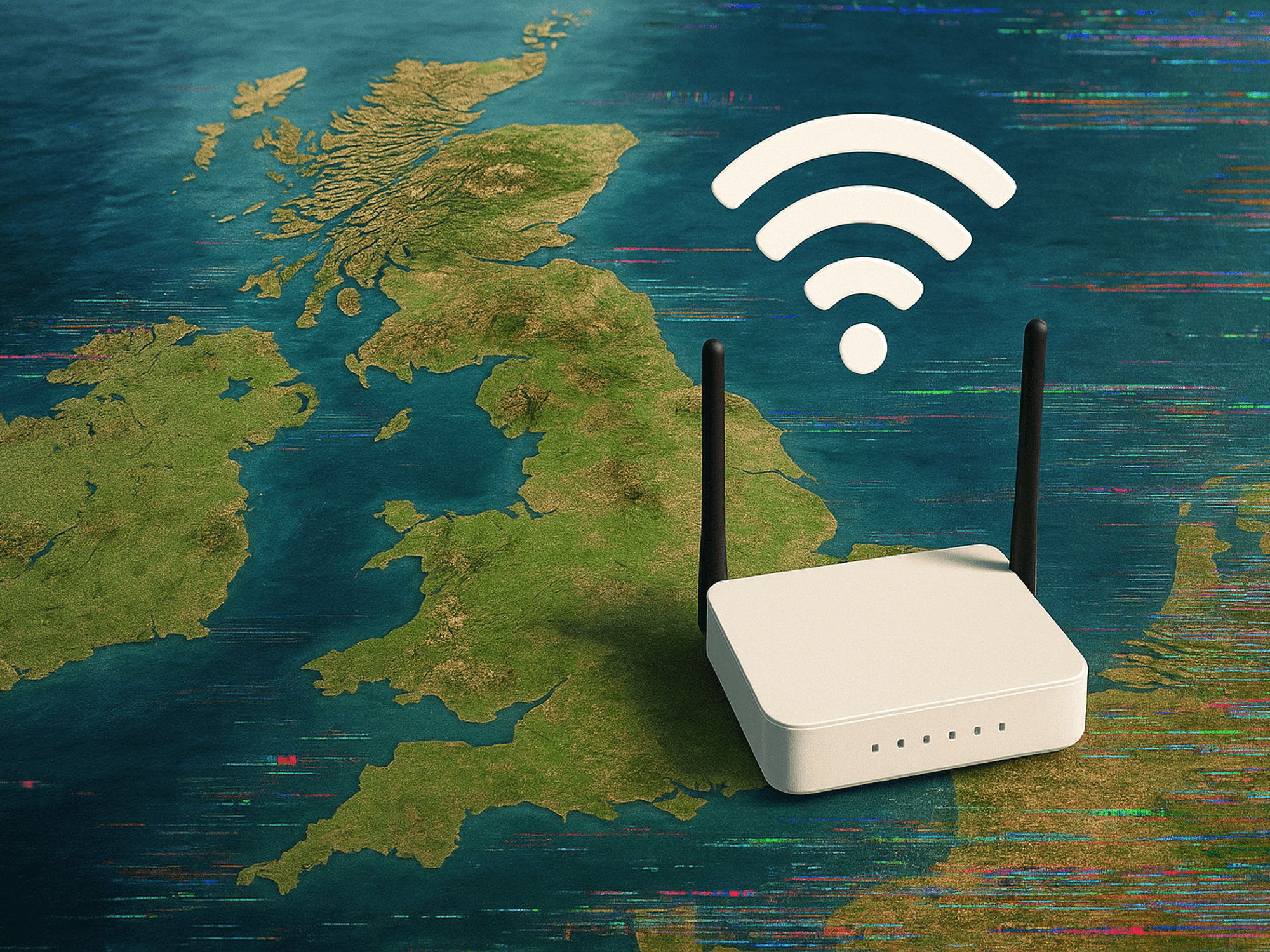HMRC alert: Households can boost income by £16,000 tax-free using these five little-known hacks

Tax refunds for work expenses - HMRC
|GBNews

Many households are overlooking completely legitimate ways to earn tax-free income, simply because they don’t realise what’s available
Don't Miss
Most Read
UK households could boost their income by more than £16,000 without paying any tax on it, through five simple tax breaks that many families are failing to claim.
Despite being fully sanctioned by HMRC, millions of eligible households are missing out on these benefits due to lack of awareness about what's available.
These legitimate tax-saving strategies include the marriage allowance, trading allowance, rent-a-room scheme, tax-free childcare and a £5,000 savings allowance for low earners.
The tax breaks are designed to help average families make the most of their money, requiring no specialist financial advisers or high salaries to access them.
Together, these five measures could provide significant financial relief at a time when more people are being pulled into higher tax brackets due to frozen allowances.

Households can boost income by £16,000 tax-free
| GETTY1. Marriage allowance – £1,260
The marriage allowance allows couples where one partner earns below £12,570 annually to transfer unused personal allowance to their spouse, potentially saving £252 per year.
Eligible couples must have one partner earning less than £50,270 and the other earning under £12,570 or nothing at all. Around two million couples who qualify aren't claiming this benefit.
Claims can be backdated for up to four years, potentially yielding £1,260 in total refunds. The process requires only national insurance numbers and identification documents through the government's online portal.
Laura Suter, director of personal finance at AJ Bell, warns: "Beware of scam websites that are mocked up to look like the Government website but are actually imposters."
Even couples where one partner has retired can claim this tax break, making it particularly valuable for pensioner households.
2. Trading allowance – £1,000
For those seeking additional income streams, the trading allowance permits £1,000 of tax-free earnings from side hustles like online selling, babysitting or dog-walking.
This saves basic-rate taxpayers up to £200 annually, or £400 for higher-rate taxpayers. No tax return is needed if earnings stay below £1,000.
3. Rent-a-room scheme – £7,500
The rent-a-room scheme offers even greater potential, allowing homeowners to earn £7,500 tax-free by letting furnished rooms in their main residence.

The tax breaks are designed to help average families make the most of their money
| GETTYThis could save basic-rate taxpayers £1,500 yearly, or £3,000 for those paying 40% tax. The scheme covers everything from single rooms to bed and breakfast arrangements, provided the landlord lives in the same property.
Combined, these two allowances offer £8,500 in tax-free income opportunities for households willing to explore side ventures or share their living space.
4. Claim tax-free childcare – £2,000
Tax-free childcare remains significantly underused despite offering working parents a 20 per cent subsidy on childcare costs, worth up to £2,000 per child annually.
Parents must both be working and earning at least the minimum wage for 16 hours weekly, but less than £100,000 adjusted net income each. The benefit is paid quarterly in £500 instalments. To claim, parents open a tax-free childcare account and deposit funds. For every £8 paid in, the government adds £2, with payments made directly to childcare providers from this account.
The scheme covers children until September 1 following their 11th birthday, or up to age 16 for disabled children who receive £4,000 annually. It can be claimed alongside 30 hours of free childcare where eligible.

Tax-free childcare remains significantly underused despite offering working parents a 20 per cent subsidy on childcare costs, worth up to £2,000 per child annually
| GETTY5. Make use of the £5,000 tax-free savings allowance – £5,000
The £5,000 tax-free savings allowance offers substantial benefits to those earning £12,570 or less, allowing them to receive up to £5,000 in savings interest without paying tax.
Based on current top easy-access rates of five per cent, this means low earners could hold up to £100,000 in savings before facing tax bills. Without this allowance, the tax on £5,000 of interest would cost £1,000 for basic-rate taxpayers.
Those earning between £12,570 and £17,570 can still benefit, though the allowance reduces by £1 for every £1 earned above the threshold.
Suter advises: "It's also a good nudge for couples to think about how they divide their income and savings, as small changes can make a big difference to the amount of tax you pay as a household."










